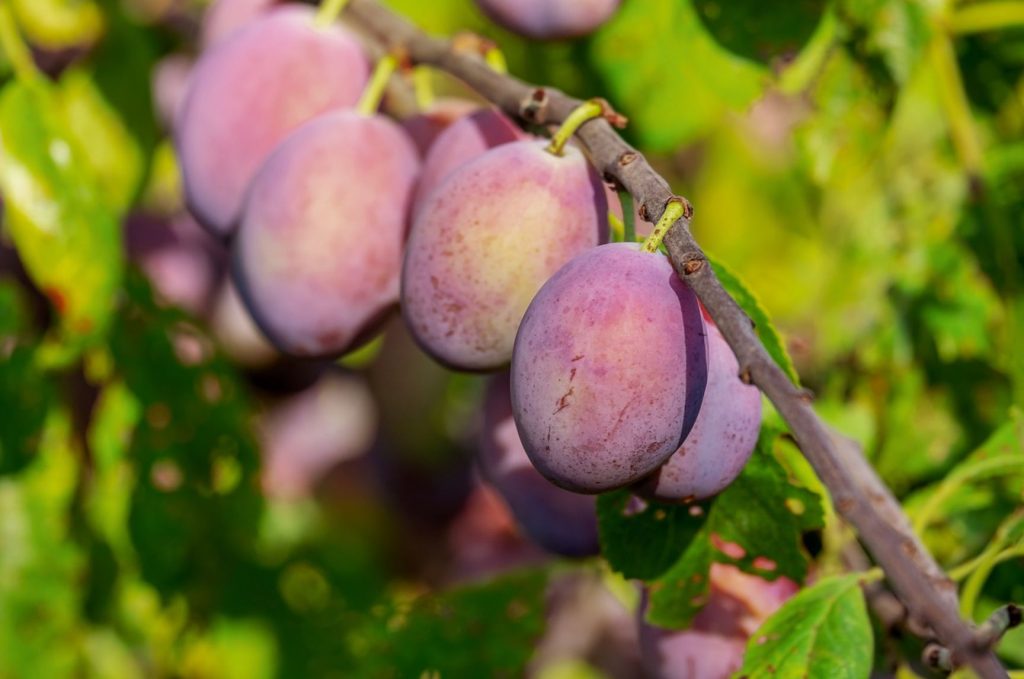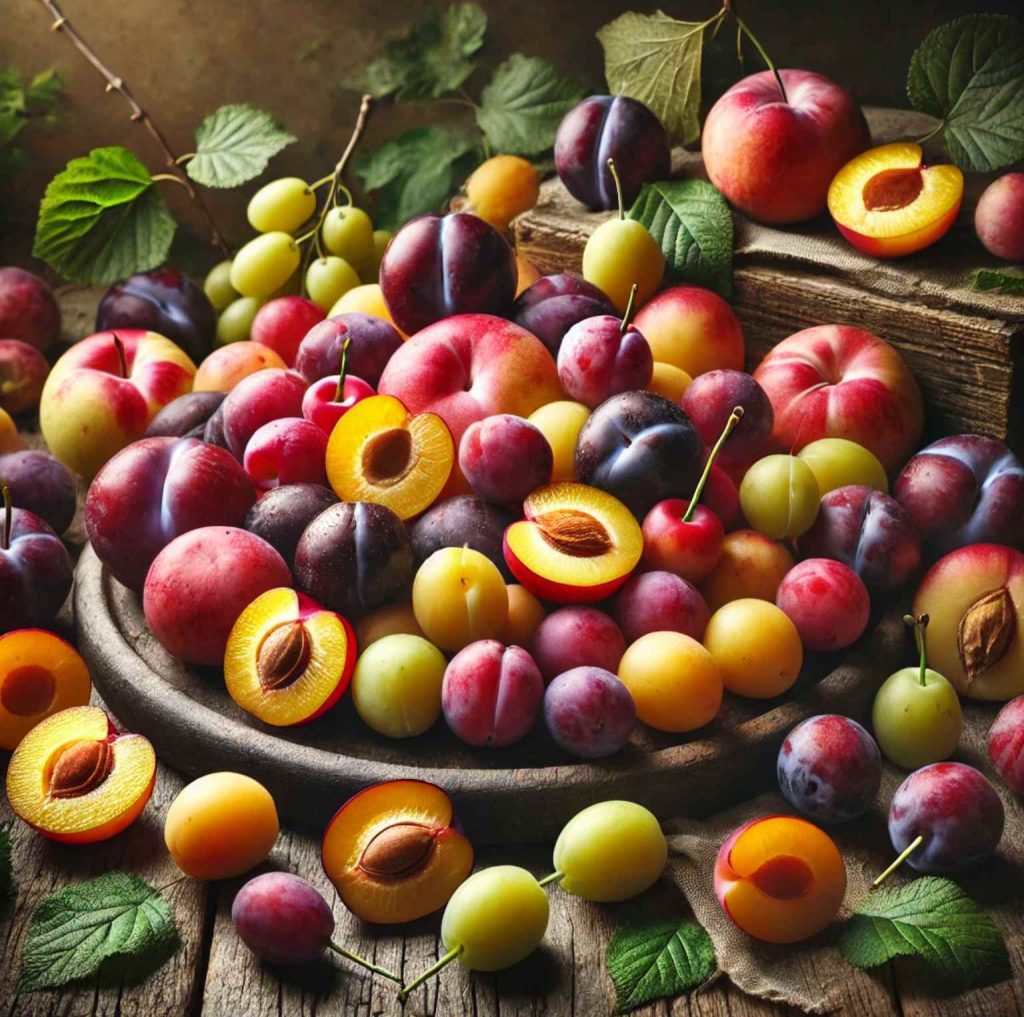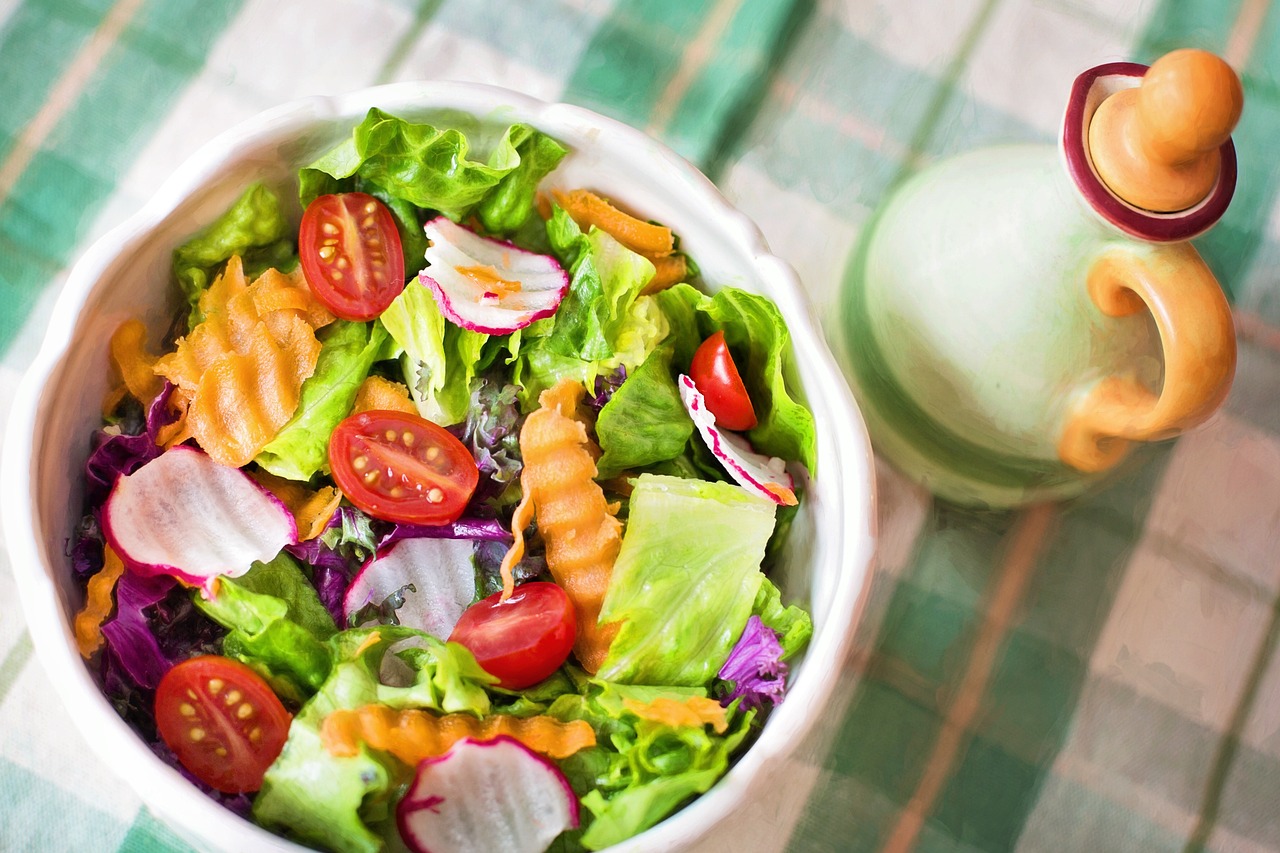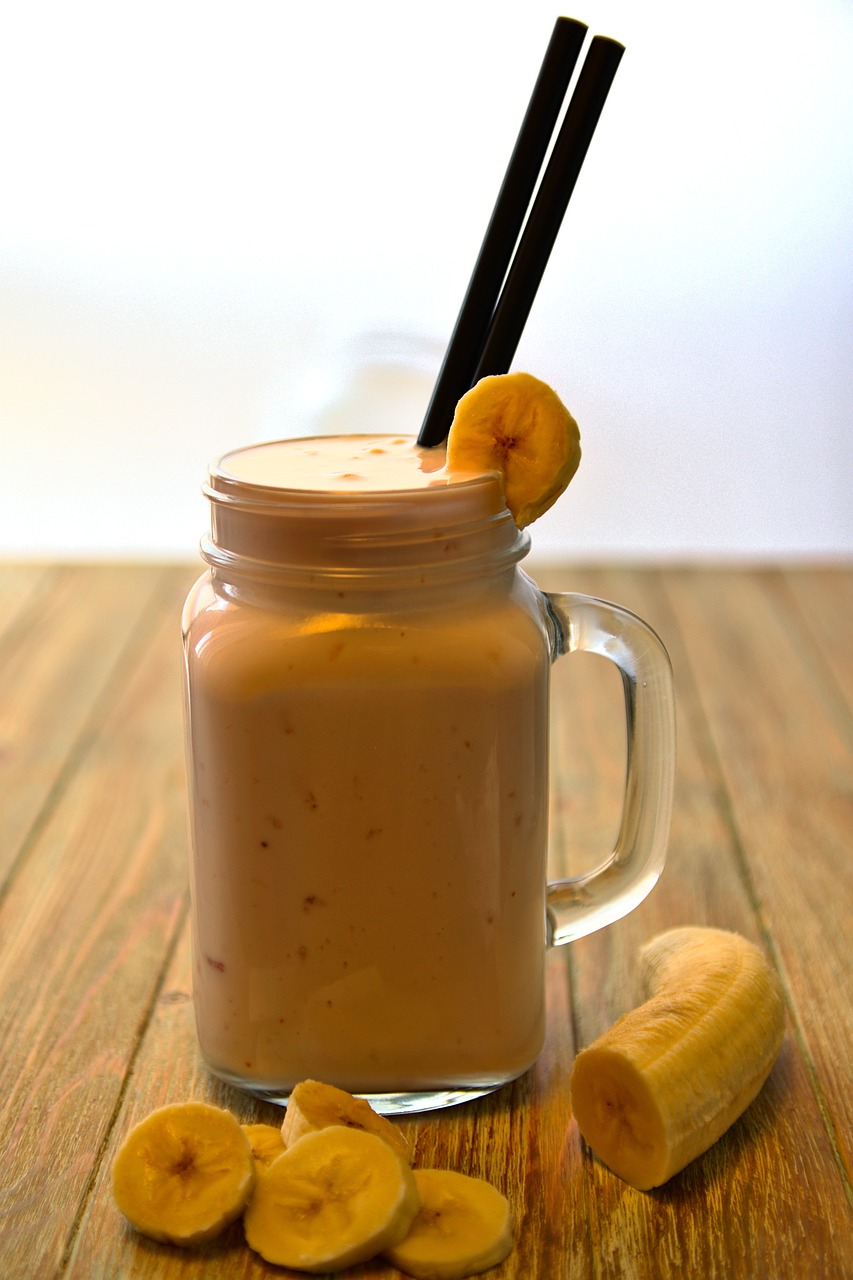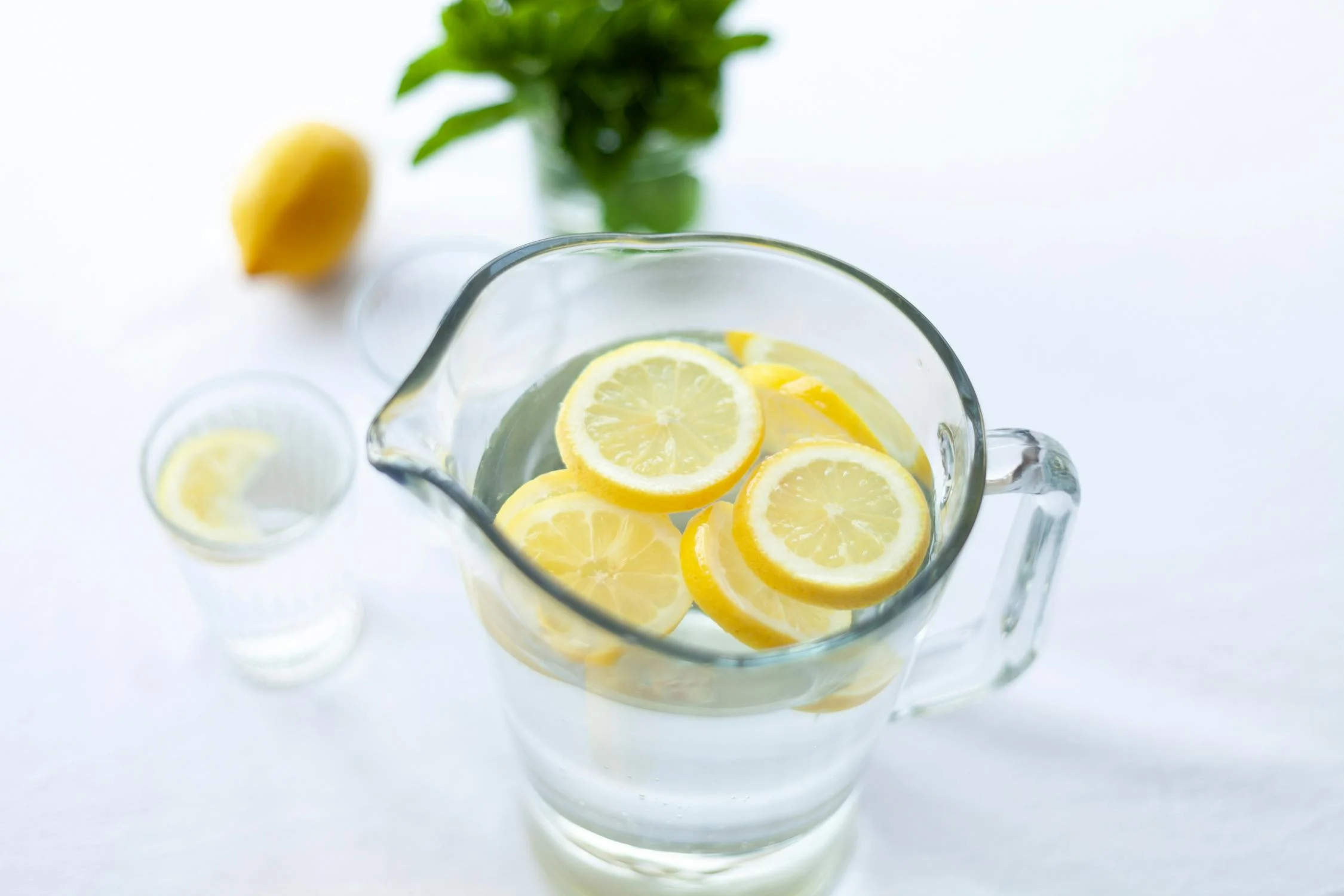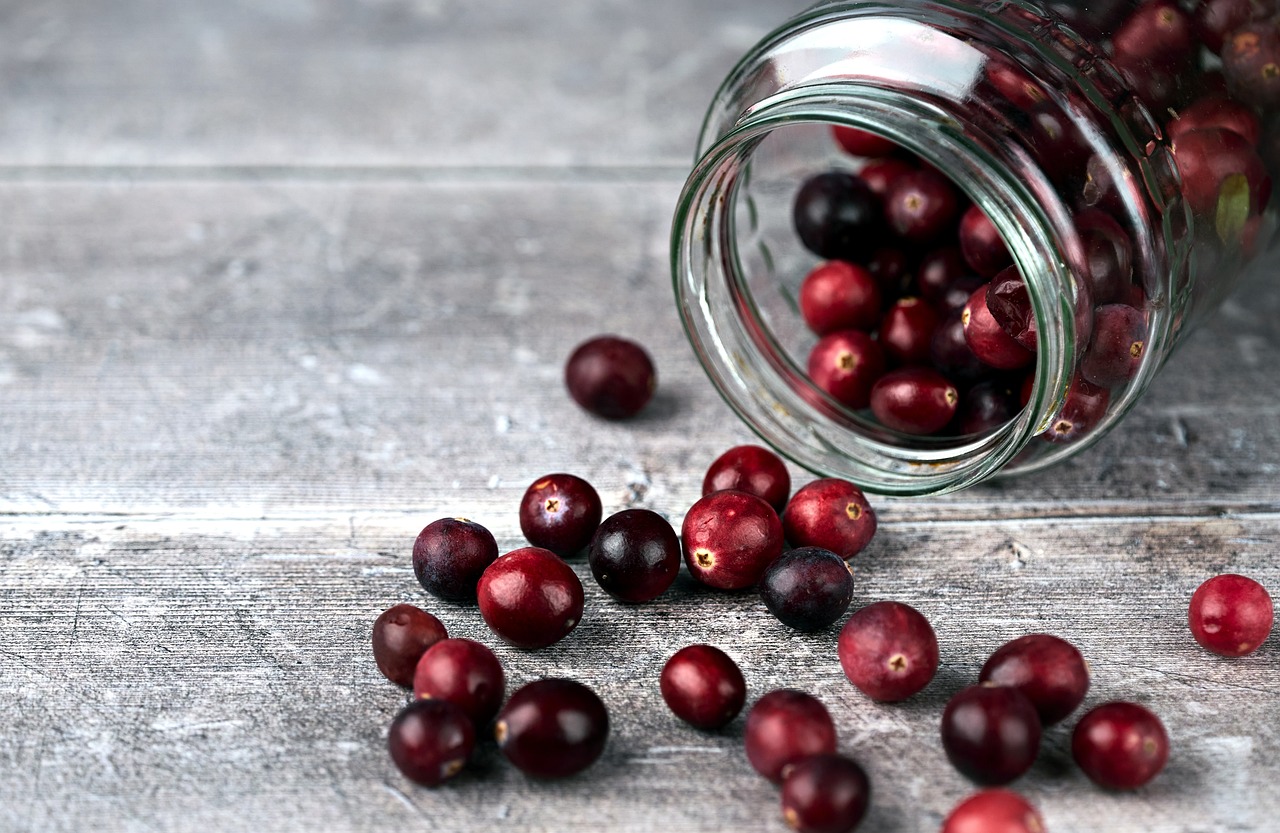Pregnancy is a time of significant physical, emotional, and hormonal changes. With so much dietary advice swirling around, it’s natural for expectant mothers to wonder which foods are safe and beneficial. As a nutritionist, I often get asked, “Can I eat prunes while pregnant?”
The answer is yes, and in fact, plums can be a highly nutritious addition to a balanced pregnancy diet. Let’s dive into why eating plums during pregnancy is beneficial, what to keep in mind and the different varieties you can enjoy.
What Are Plums?
Plums are a sweet and juicy stone fruit that belong to the genus Prunus. Available in various colors, such as yellow, purple, and red, plums are packed with essential nutrients, including vitamin C, potassium, vitamin K, and fiber. They can be eaten fresh, dried (as prunes), or cooked, making them a versatile choice for expectant mothers.
7 Key Benefits of Eating Plums During Pregnancy
1. Nutritional Powerhouse
Plums are loaded with vital nutrients that play a significant role in both your health and the baby’s development. They are a rich source of vitamin C, which helps in the absorption of iron—essential for preventing anemia during pregnancy.
Potassium helps reduce bloating and cramps, while vitamin K aids in blood clotting, reducing the risk of excessive bleeding during delivery. Moreover, the fiber in plums can help with one of the most common pregnancy complaints: constipation.
2. Antioxidant Properties
Plums are packed with antioxidants that help fight free radicals in the body. During pregnancy, oxidative stress can increase due to hormonal changes. The antioxidants in plums help protect both the mother and the baby by reducing oxidative stress and lowering the risk of damage to cells.
3. Supports Digestive Health
Pregnancy often slows down digestion, leading to constipation. The fiber in plums can help maintain regular bowel movements, promoting smooth digestion. Incorporating plums into your diet can offer a gentle solution to digestive discomfort during pregnancy.
4. Boosts Immunity
During pregnancy, your immune system can become compromised, making you more susceptible to infections. Plums, rich in vitamin C, play a crucial role in boosting your immune system, helping both you and your baby stay healthy.
5. Promotes Bone Health
Strong bones are essential for the baby’s skeletal development, and plums are rich in calcium and other bone-strengthening nutrients like potassium and vitamin K. Consuming plums regularly during pregnancy can support the healthy development of your baby’s bones.
6. Satisfies Sweet Cravings Naturally
It’s common for pregnant women to experience cravings, especially for sweets. Instead of reaching for processed sugary foods, opt for plums. Their natural sweetness satisfies cravings without the harmful effects of refined sugars. Plus, they offer nutritional benefits at the same time.
7. Elevates Mood
Hormonal changes during pregnancy often cause mood swings. Plums, packed with antioxidants and essential minerals, can help ease anxiety and improve your mood. This makes them a healthy snack option when you need a little emotional boost.
Nutritional Facts of Plum Fruit
Here’s a quick look at the nutritional value of 100 grams of plums:
- Calories: 46 kcal
- Total Fat: 0.3 g
- Carbohydrates: 11.42 g
- Fiber: 1.4 g
- Sugars: 9.92 g
- Protein: 0.7 g
- Vitamin C: 9.5 mg
- Potassium: 157 mg
- Vitamin K: 6.4 µg
Considerations While Eating Plums
1. Moderation is Key
While plums are safe and healthy, it’s important to eat them in moderation. Too many plums, especially in the form of prunes (dried plums), can have a laxative effect, leading to diarrhea or stomach discomfort.
2. Choose Organic When Possible
It’s always a good idea to choose organic plums during pregnancy, as they are free from harmful pesticides. If organic plums aren’t available, make sure to wash them thoroughly before consumption.
3. Be Aware of Allergies
Although rare, some individuals can be allergic to plums. If you’ve never eaten plums before, it’s best to introduce them in small amounts and watch for any allergic reactions.
4. Kidney Stone Concerns
If you’ve been diagnosed with kidney stones, it’s important to limit your intake of plums due to their oxalate content, which can aggravate kidney stone issues.
Varieties of Plums
There are several varieties of plums available, each offering unique flavors and textures. Here are a few popular ones:
1. Japanese Plums (Prunus Salicina)
These are larger and juicier with many sub-varieties like Santa Rosa (tart skin, sweet flesh) and Elephant Heart (deep red flesh, juicy texture).
2. European Plums (Prunus Domestica)
Varieties like Stanley and Victoria are often used for prunes and cooking. They have a sweet flavor and are rich in fiber.
3. Plum Hybrids
Varieties like Pluots (dominantly plum with a hint of apricot) and Apriums (mostly apricot with a plum flavor) are sweet and nutritious options for pregnant women.
4. Damson Plums
Small and tart, these are perfect for making jams, jellies, and baking.
5. Greengage Plums
These green plums are exceptionally sweet and considered one of the best dessert plums.
6. Mirabelle Plums
Native to France, these small yellow plums are often used in preserves and tarts.
Final Thoughts from a Nutritionist
Plums are an excellent addition to a pregnancy diet, offering a wealth of vitamins, minerals, and antioxidants that benefit both the mother and the baby. However, as with all foods, it’s essential to eat them in moderation.
The natural sweetness of plums can satisfy cravings while delivering key nutrients that support bone health, digestion, and immune function. If you’re considering adding plums to your diet during pregnancy, it’s always a good idea to consult with your healthcare provider to ensure they fit your nutritional needs.
For most pregnant women, plums can be a tasty and healthy addition to a good diet during pregnancy.. So, enjoy this juicy fruit in moderation and reap the numerous health benefits it offers!
FAQs
Are plums safe to consume during pregnancy?
Yes, plums are safe to eat during pregnancy and provide valuable nutrients like vitamin C and potassium.
Do plums have any side effects?
While plums are generally safe, excessive consumption may cause digestive issues like diarrhea. Eat them in moderation.
Can plums help with morning sickness?
Yes, the vitamin C in plums can help reduce nausea and morning sickness.
When is the best time to eat plums?
Eating 8-10 plums in the morning can help cleanse your body and provide a nutrient boost for the day.
Can I eat aloo bukhara (dried plums) during pregnancy?
Yes, aloo bukhara is a great option for pregnant women, as it provides essential nutrients and can help with digestion.


